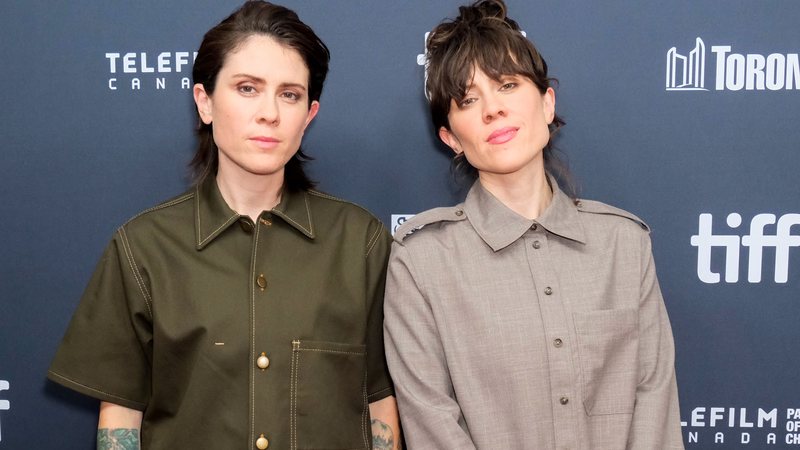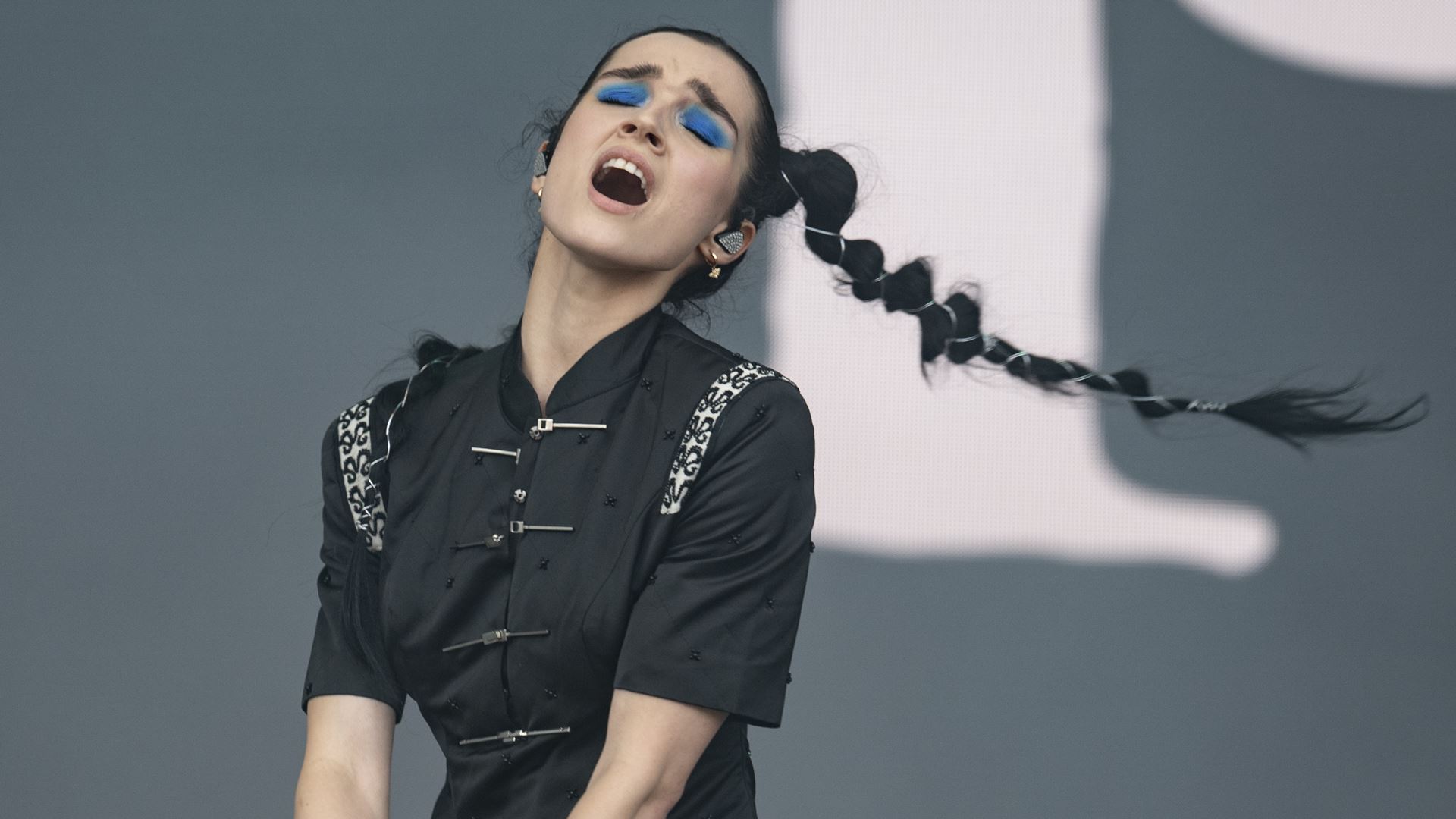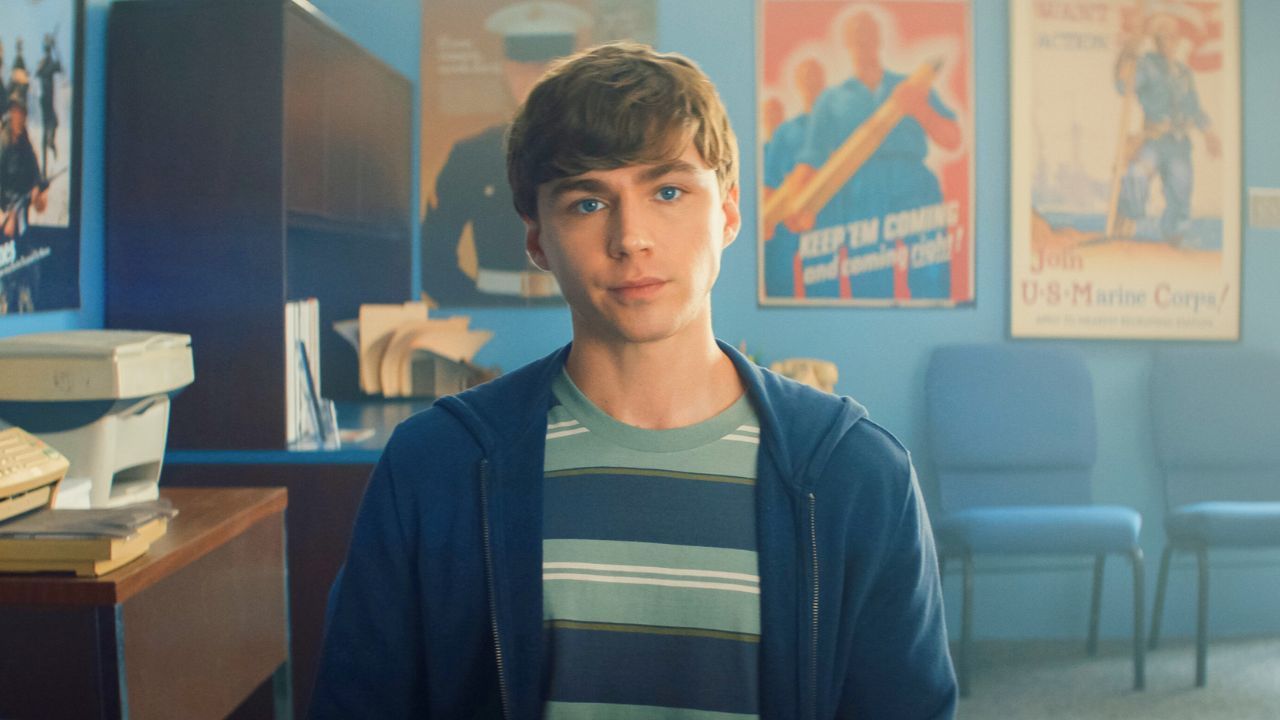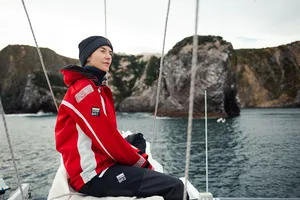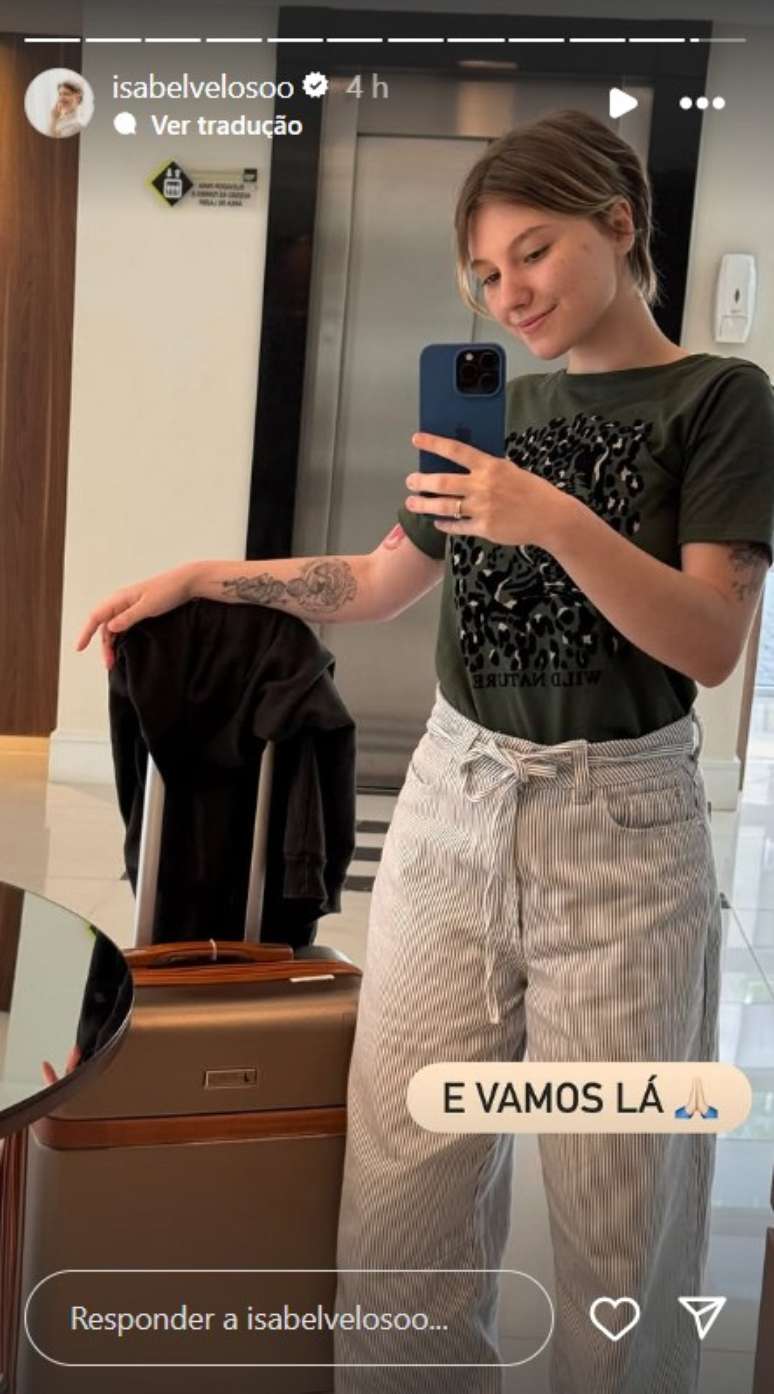With new documentary ‘Fanatical’, the duo investigates a hacker who affected their lives for years and questions the role of fandom in the modern music industry
Article published on October 1, 2024 in Rolling Stone. To read the original in English, click here.
Before Tegan and Sara Quin become the successful duo known for their gender-defying queer sound, they were twins of calgaryCanada, excited to have won a local music competition. One of the prizes for winning in 1998 was headlining a show at a local pub, where 300 people turned up to see the 17-year-old girls play. Afterwards, some fans showed up to buy cassette tapes they had made. It was the first time they signed autographs. And for Tegan, it was the night she learned a lesson that would follow her for two decades.
“There was something about people lining up to say hello and hug us and take our music with them that made it feel like what we were doing was legit,” Tegan tells Rolling Stone from your home in vancouverCanada.
“We also got our first hate message that day. They left it on the merch table at the show. It was a great first experience because ‘Welcome to Your Future’.”
In the 26 years since, Tegan and Sara have often struggled to understand what fame and recognition mean for their reputations as alt-indie singer-songwriters. After releasing his debut album Under Feet Like Ours In 1999, the duo toured to a growing fan base of queer teens and young adults. With their fourth album, So Jealous 2004, the duo received critical attention, launching them into a new stage of their career with hundreds of festival appearances and opening shows for artists such as fun, Lady Gaga and Katy Perry. But while fans reveled in the mainstream rise of their favorite band, behind the scenes, Tegan and Sara were dealing with a problem no one really knew how to deal with: an imposter. And in his new documentary Fanatical: The Catfishing of Tegan and Saradirected by Erin Lee Carrthe pair take viewers on a firsthand journey into how the experience changed their careers — and why they hope their harrowing experience can transform the way celebrity shapes themselves in the digital age.
It all started as a fake Facebook account pretending to be Tegan. Tegan and Sara’s team — initially believing it to be an isolated case — referred to the account as Fegan, a combination of Fake and Tegan. But as more fans began to come forward saying they had been in a months-long relationship with someone they thought was Tegan, the urgency to find Fegan increased. Eventually, this turned into a years-long investigation that not only left Tegan and Sara, but also managers, collaborators, and even close friends and family afraid they were being hacked — or worse. In today’s digital age, impersonators are so common that they are considered a natural extension of fame — a small scam that comes with money, acclaim and stardom. But in 2011, in the age of Facebook, LiveJournal and blogs, people were just beginning to understand the world of digital security. So when Fegan showed up, Tegan and Sara didn’t know what to do — and they didn’t have anyone on the outside who could relate.

“It’s part of the commentary these days. So many artists talk about it,” Tegan says. “At that time no one even understood what it was and there was no place to talk about it. It was a heavy burden at the time. Now, I feel like I can expel some of the grief, the fatigue, the frustration, the guilt and the responsibility because I have context and the world also has what this is about. But at that time, I just felt embarrassed and I just thought, ‘Please let this end.'”
Looking back, Tegan realizes that her first reaction to learning she had a copycat was a little “hysterical”. It was 2011 and she was in Los Angeles at a birthday party for a friend, the comedian and future creator of Dead to Me, Liz Feldmanwhen Sara called and reported that someone was impersonating her online. That night, she knew she had more than one impostor. Fegan had access to unreleased demos, Tegan and Sara’s personal information, passport photos, full control of email accounts, even his mother’s medical information — and was using it all to trick dozens of fans into doing so. believe they were Tegan.
“I had only been living in LA for a few years and we had just moved into this apartment maybe six months before that. It was my first night alone there,” Tegan says.
“My partner was out and I remember pushing my dresser in front of the door. Who was I protecting myself from? I don’t know, but I started to feel very anxious and nervous about my safety and security at that moment. I just remember that It was chaos.”
Tegan wasn’t the only victim — and she wasn’t the only one to feel immediate repercussions from Fegan’s actions. Sara was always the shyer and more reserved twin, especially when it came to interacting with fans. And when her team informed her about Fegan, Sara says it confirmed everything she already felt about being perceived in public — and made her even more skeptical of the celebrity they were beginning to achieve.
“At some point, I remember thinking, ‘I’m going to have to write my new email address on a piece of paper, post it, and send it to my managers. That’s how paranoid I felt,'” Sara says. “I thought, ‘Lock it up.'”
Fanatical takes an in-depth look at the immediate consequences of the stalker, tracing the emotional toll the unknown fan caused on Tegan and Sara. For Carr, who is also a twin and a former teenage fan of Elliot Smith, the director knew that much of Tegan and Sara’s appeal to their early fans came from their accessibility. “In college, when I was listening to Tegan and Sara and I was a young queer woman, I was obsessed. I knew most of their albums by heart,” Carr tells Rolling Stone. “There weren’t a lot of openly queer women doing what they did and being rock stars. And you could contact them.”
But that same accessibility had implications for how Sara felt about her careers. “Combined with the messages on the internet, comment sections on websites, all of these things started to make me feel very uncomfortable. It felt very toxic,” Sara says.
“When Fegan happened, I was upset and terrified, but it also confirmed something I already felt, which was a desire to put a bigger wall around ourselves and our personal lives. Sometimes it felt like community. There was something beautiful about that. But It seemed like it was always on the verge of turning sour. As if it only took a bad intention.”
The documentary also delves into the musical climate that allowed the hacker to thrive in the first place, and how so many fans were fooled because they were actively looking for information from Tegan and Sara — a tense confrontation that allowed Tegan some sense of closure.

“I have a complicated relationship with this story, because I have a complicated relationship with the victims,” Tegan says. “They are victims, in fact, and it’s horrible that this happened. It’s a violation. But most of them were looking for my personal information on the internet. And many of them recognized that they were violating my privacy as well. And I could only deal with so much of compassion that ended up overflowing even to the fake Tegan.”
The sisters describe their growing fame as both exhilarating and devastatingly claustrophobic. It’s an experience few people can truly relate to, which has left them feeling alone and isolated. But they point to examples of modern artists like Phoebe Bridgers, Mitski and Chappell Roan who are demanding respect and boundaries from their fans.
“I don’t know what Chappell is really going through, so I have a lot of empathy, because it seems like there’s a tremendous amount of stress and anxiety and pressure on her,” Sara says. “What I think about is, ‘How do we change this institutionally?’ I don’t know if it’s enough to tell the fans, ‘Hey, don’t act like a lunatic. Like, what are you doing?’ But if we broaden the horizon, what are we doing, culturally, socially, institutionally, that is making this acceptable?
For Tegan, it’s a clear — albeit small — sign of the times changing. And she says she deeply supports the next generation of artists who say what they think, and hopes people can think in that context when they watch the film. “[Celebridade] it’s an unnatural thing,” Tegan says. “And I think Erin was able to ask a bigger question, which was, ‘What is our responsibility as human beings to each other in situations like these?’ And as a society, are we comfortable with where we are when it comes to parasocial relationships, sense of entitlement, fan behavior, celebrity and social media?”
The Fake Tegan saga took place in an early era where internet stalking was not seen as incredibly dangerous, and where artists like Tegan and Sara had few resources to deal with a situation that had tormented them for years without answers. Tegan, specifically, is also very aware that fans can react badly to criticism against online collectives, especially since they are often credited with providing friendship and community to queer teens. But with the documentary’s premiere approaching, she hopes people who see the film can recognize the human beings — not the stars — at its center.
“I believe that the people who have followed me home or to a hotel or who have said horrible things about me online really don’t believe that any of those things affect me,” Tegan says. “So I hope that when people watch this film, they ask themselves tough questions. I don’t necessarily think most people will do that, and that’s okay, but I hope they certainly consider their own actions in their own lives. The words matter. How we treat people matters.”
Source: Rollingstone
Earl Johnson is a music writer at Gossipify, known for his in-depth analysis and unique perspective on the industry. A graduate of USC with a degree in Music, he brings years of experience and passion to his writing. He covers the latest releases and trends, always on the lookout for the next big thing in music.

